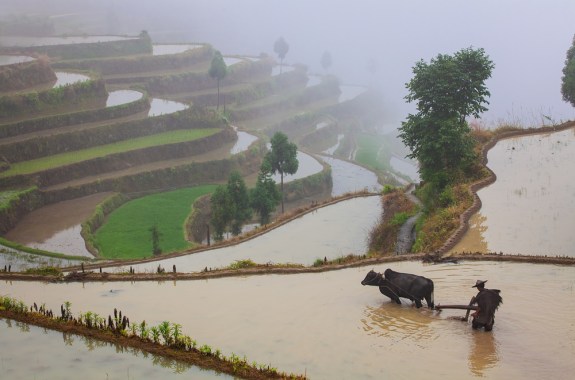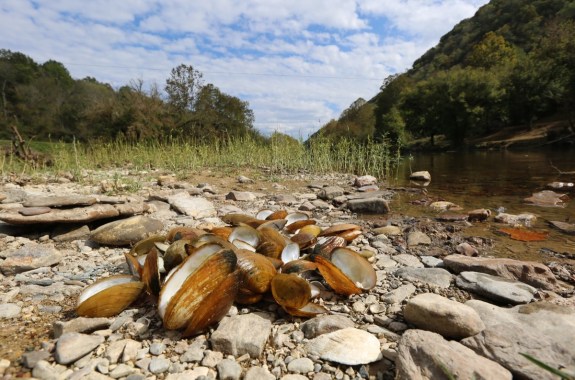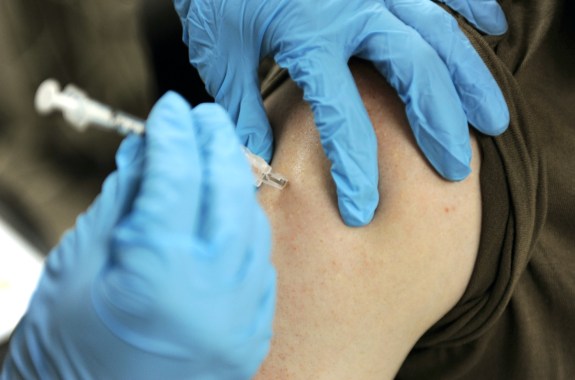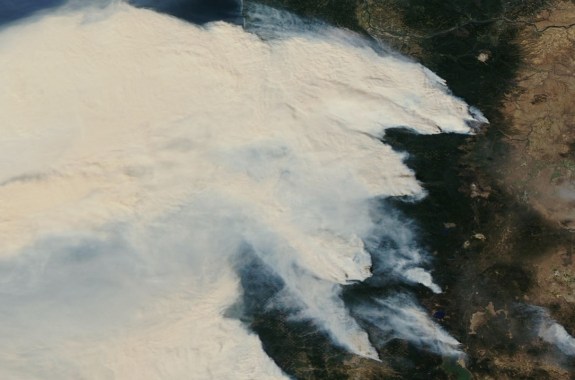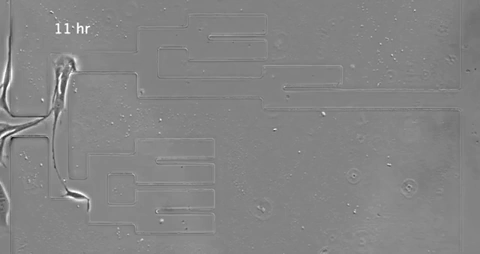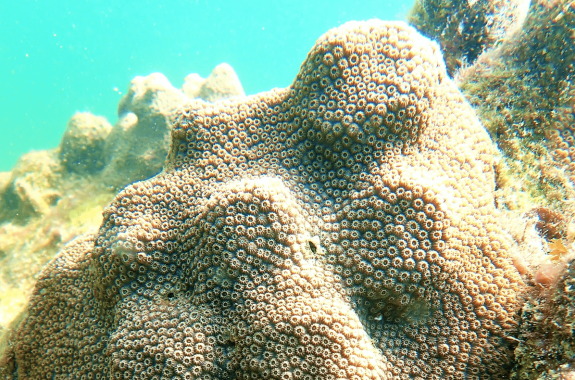Kathleen Davis is a producer and fill-in host at Science Friday, which means she spends her weeks researching, writing, editing, and sometimes talking into a microphone. She heads the show’s State of Science project, bringing local science stories to a national audience.
Before joining the Science Friday team in 2020, Kathleen reported on tech and breaking news at WESA, Pittsburgh’s NPR station. One time, her coworkers made her a dinosaur themed birthday cake, complete with a Rice Krispy meteor.
Kathleen is originally from the great state of Michigan, and is always eager to talk about freshwater lakes and Coney Island diners. She can often be found taking long walks to run errands that would be done much faster by other modes of transportation.
17:05
Blockchain And Big Tech In China’s Countryside
Big tech companies in China are revitalizing rural areas with blockchain chicken farms and e-commerce villages.
17:16
A Breakthrough In A Mollusk Mystery
Freshwater mussels have been in decline for decades. New research shows viruses could be responsible.
11:50
President Trump Tests Positive For COVID-19
What we might expect from the next few weeks of White House COVID news.
17:06
Fact Check My Feed: Could A COVID-19 Vaccine Come Out Before Election Day?
During this week’s debate, President Trump made misleading claims about a timeline for a COVID-19 vaccine. Here’s what the experts have to say.
11:38
The Race For A COVID-19 Vaccine Heats Up
Four U.S. vaccines are in the final stage of clinical trials, plus other news from the week.
12:05
Thermal Imaging Technology Helps Firefighters See Through Smoke
Infrared waves help firefighters know where to focus their efforts—and help keep them safe.
16:33
A History of So-Called ‘Cures’ For Deafness
From special diets to airplane dives, a deaf historian chronicles past treatments for hearing.
12:13
Against Impossible Odds, The Warsaw Ghetto Stopped A Typhus Outbreak
Researchers find public health measures likely stopped a second wave of disease under impossible circumstances.
16:37
A Cellular Race Through A Maze
Cells can solve mazes. What does this mean for cancer research?
16:33
A New Hope For Corals
After years of bad news for the aquatic icons, some good news out of Florida.
